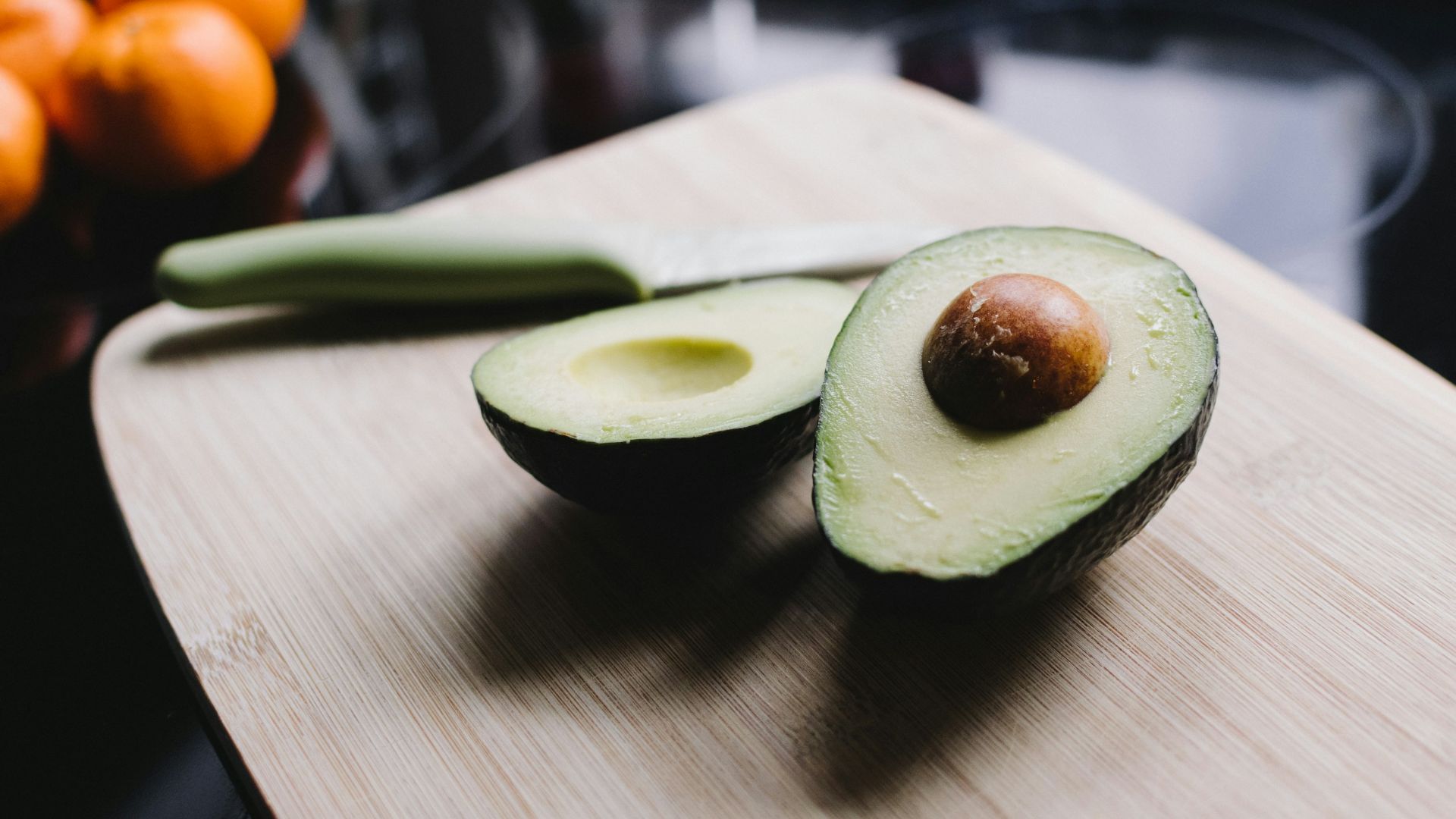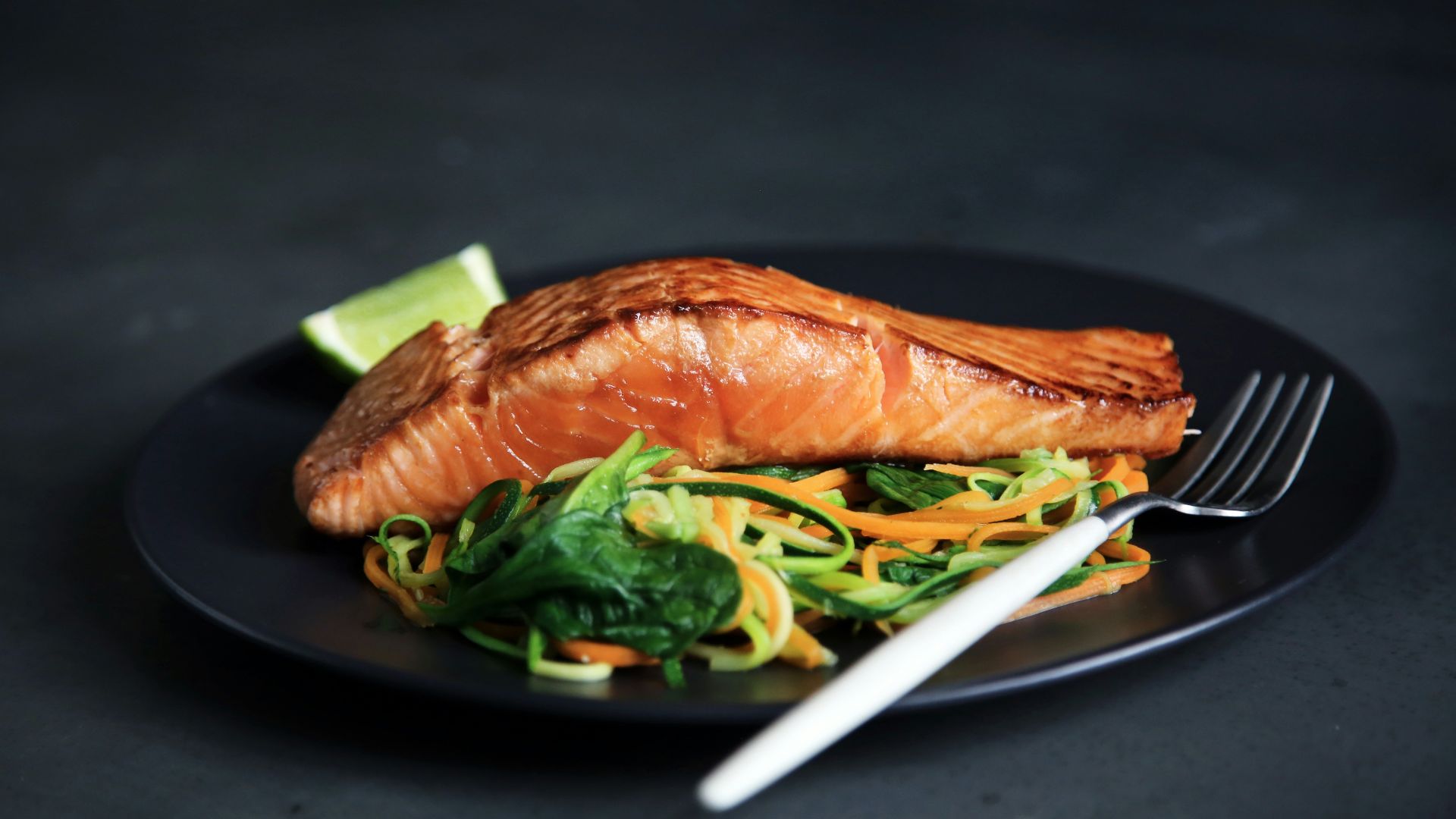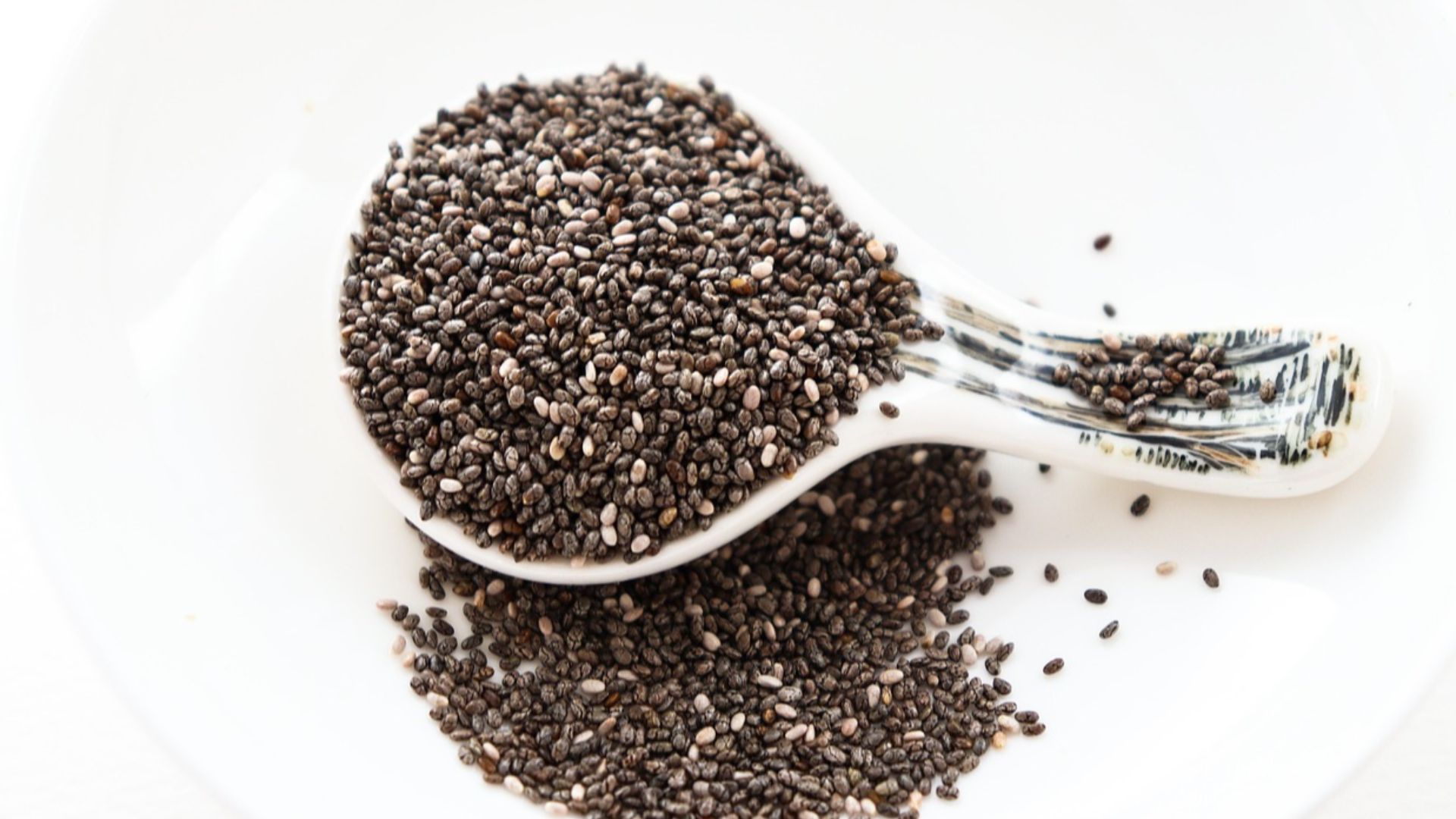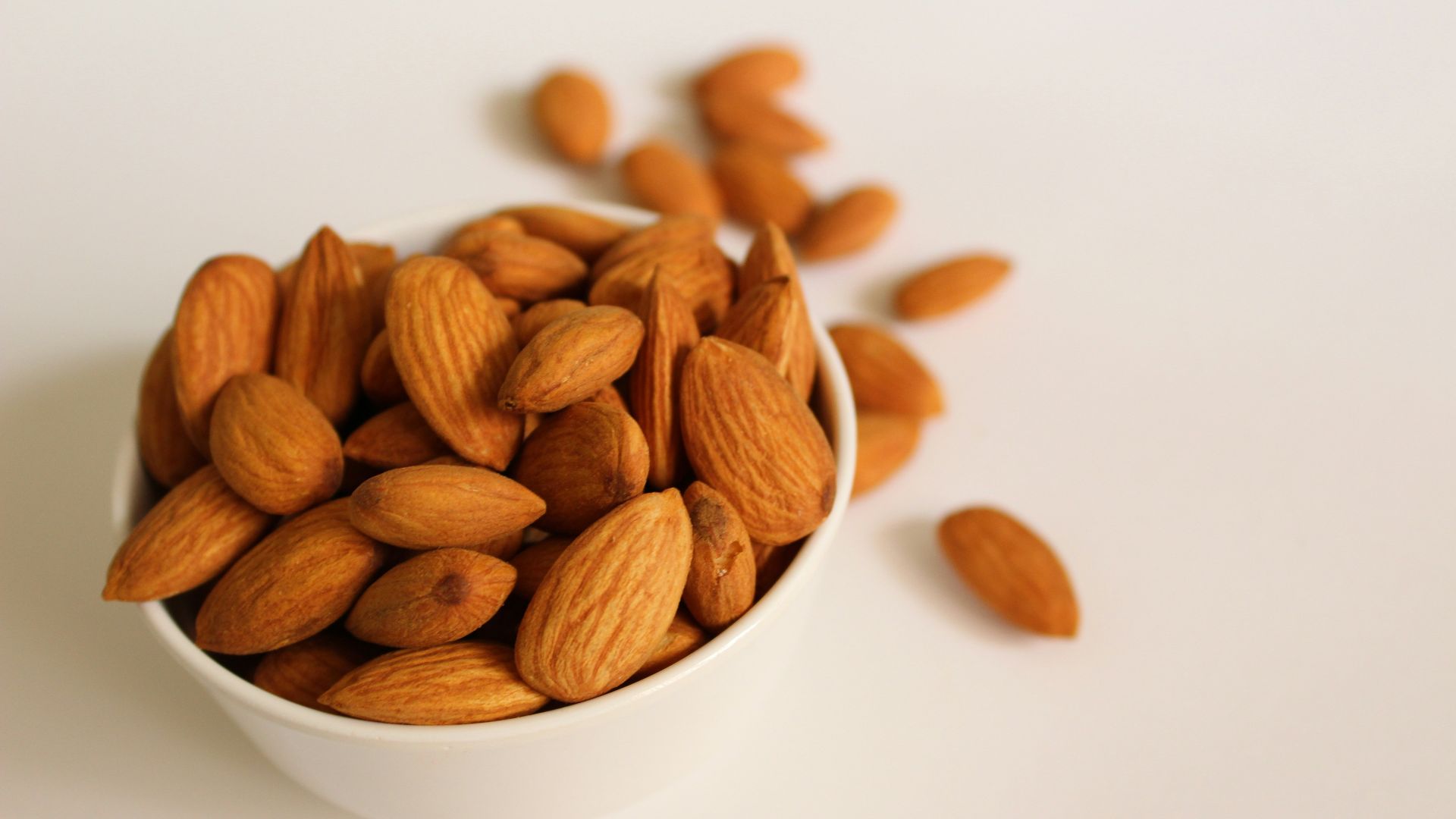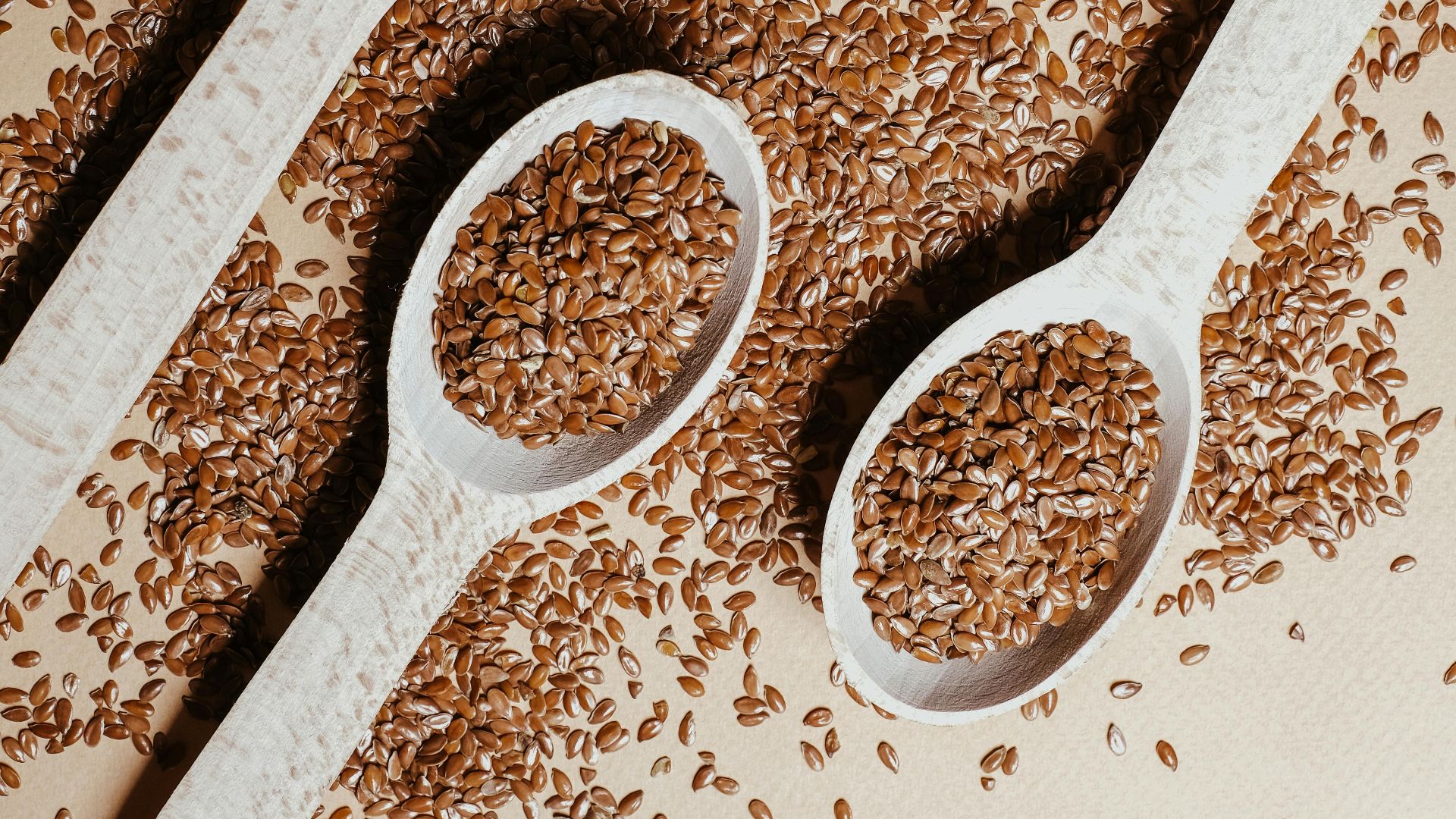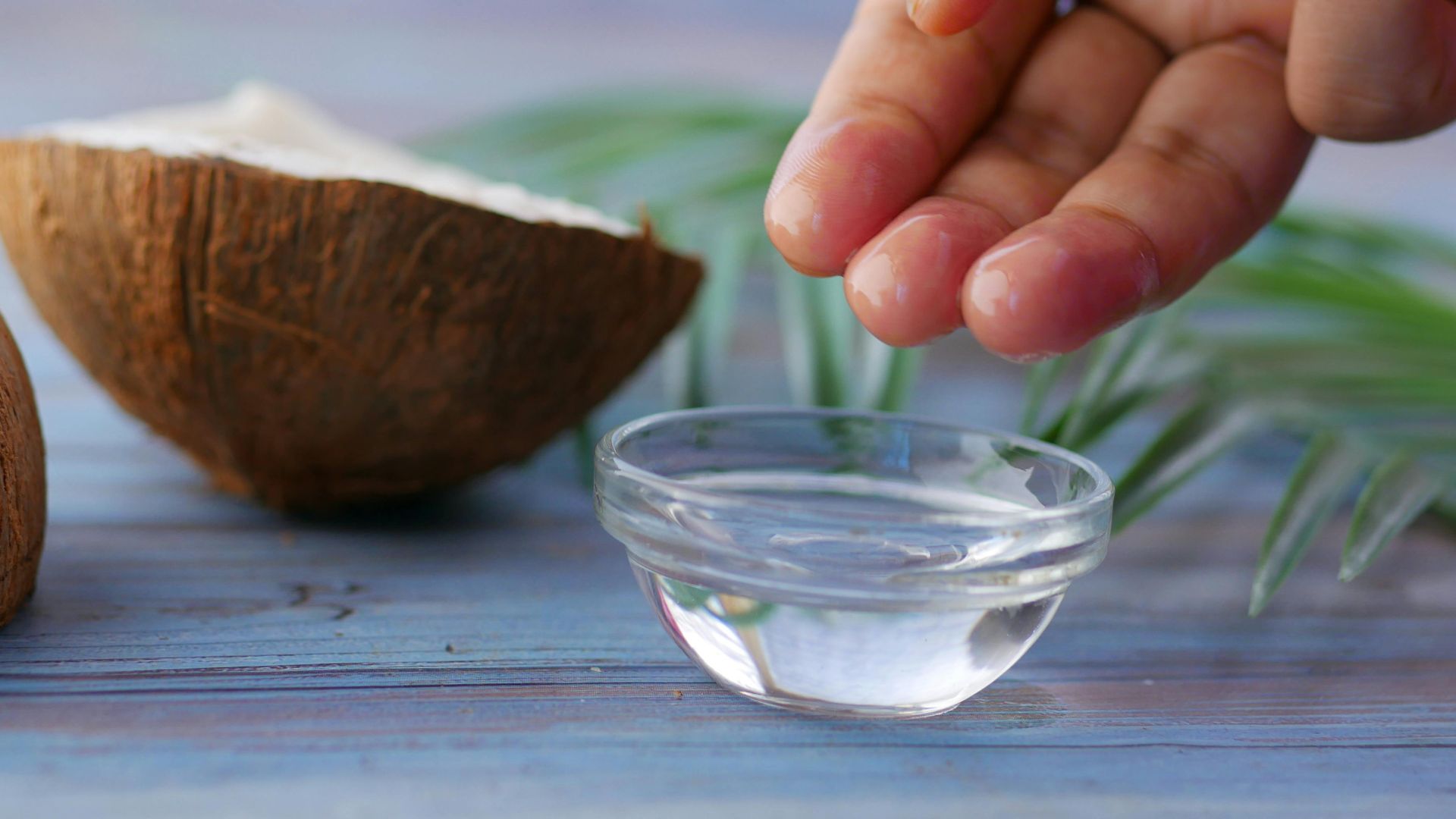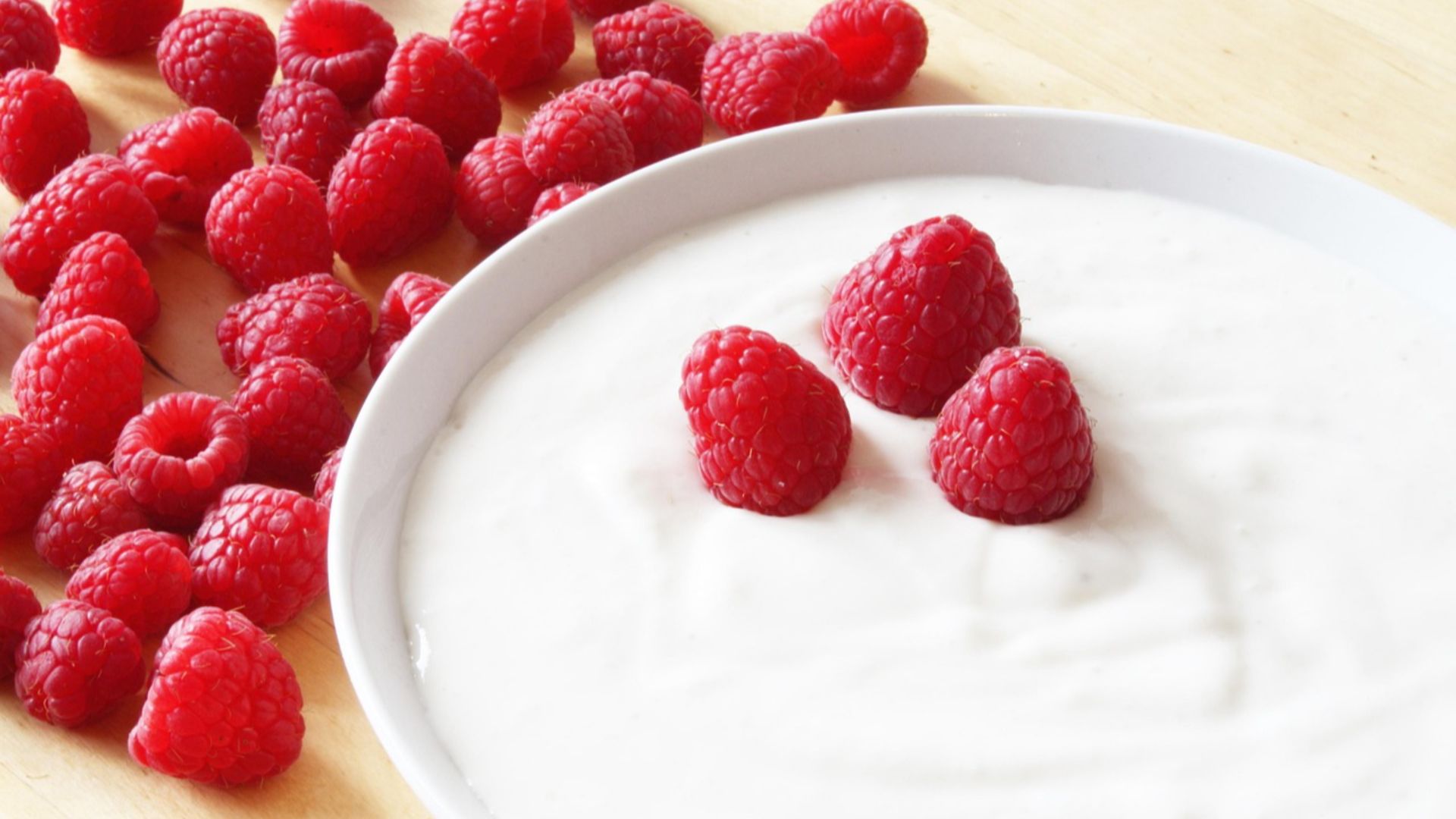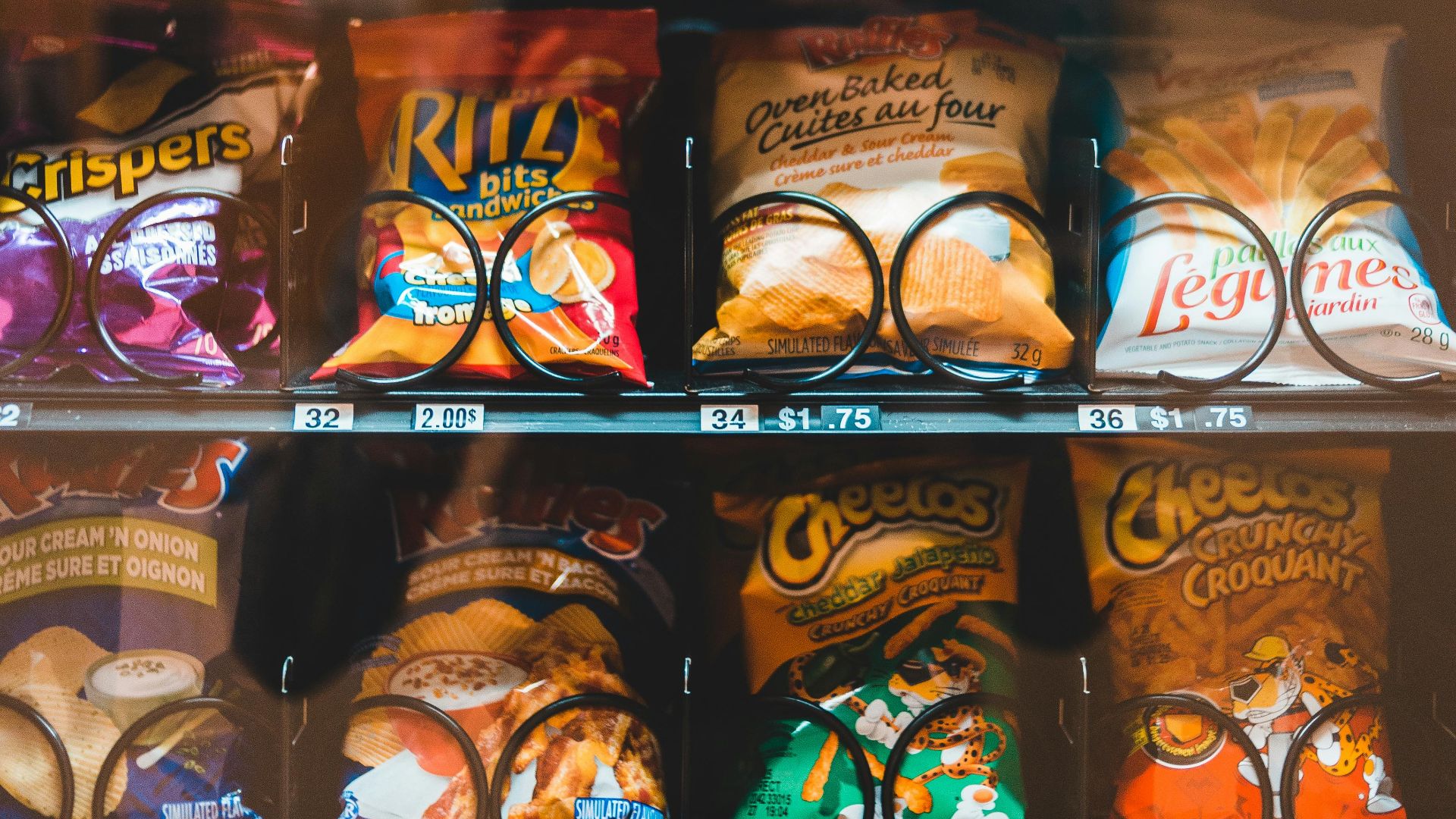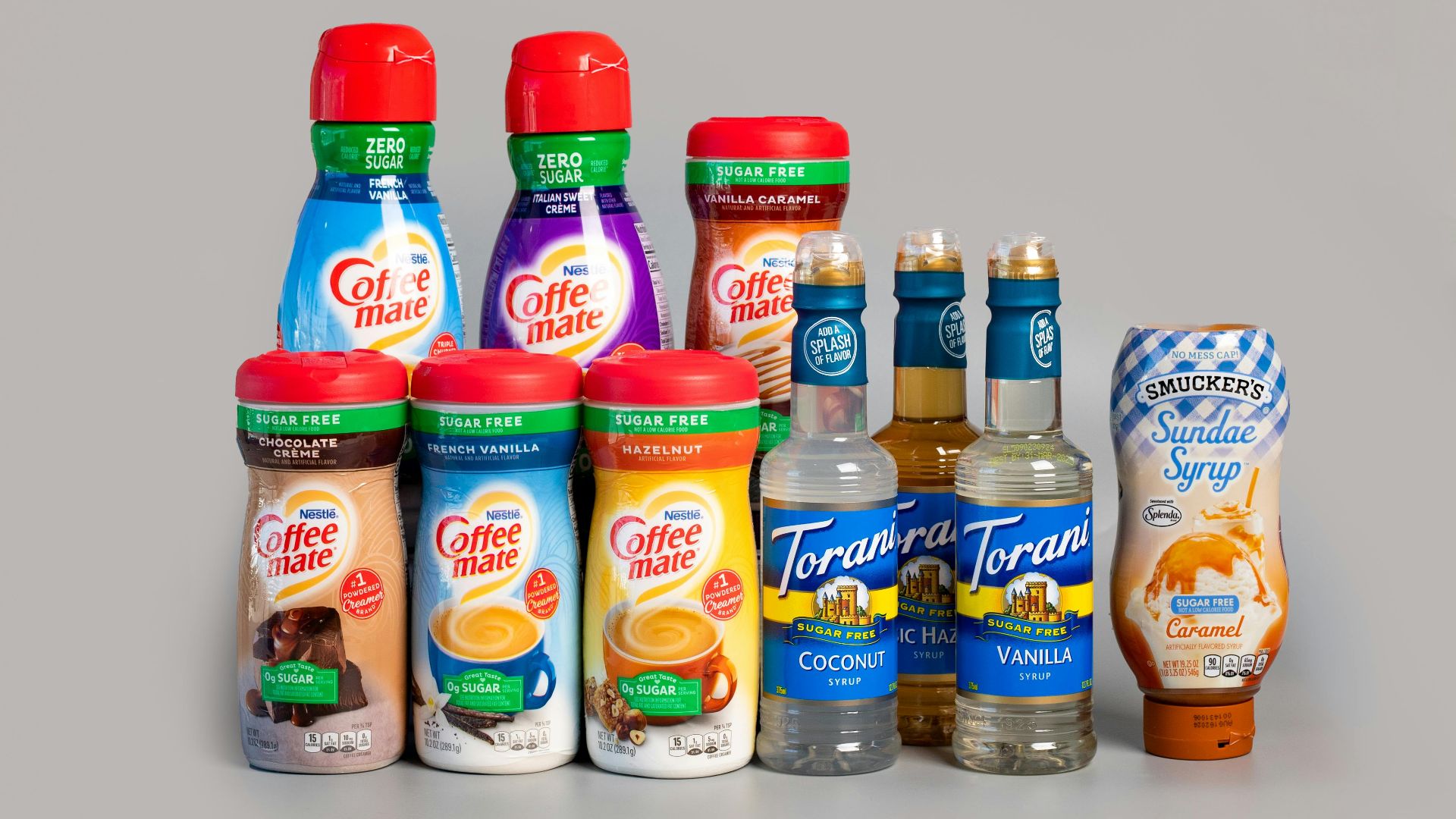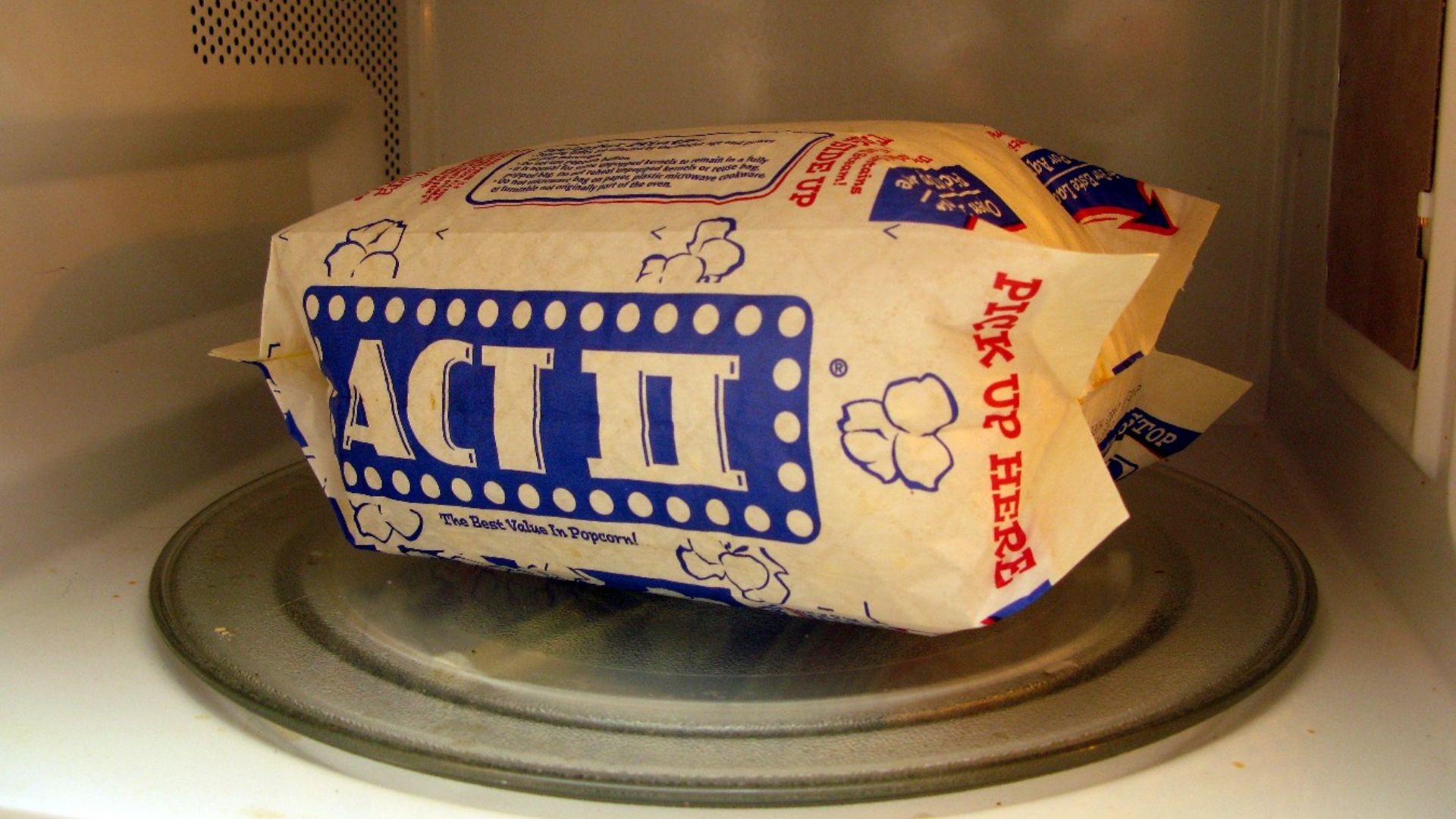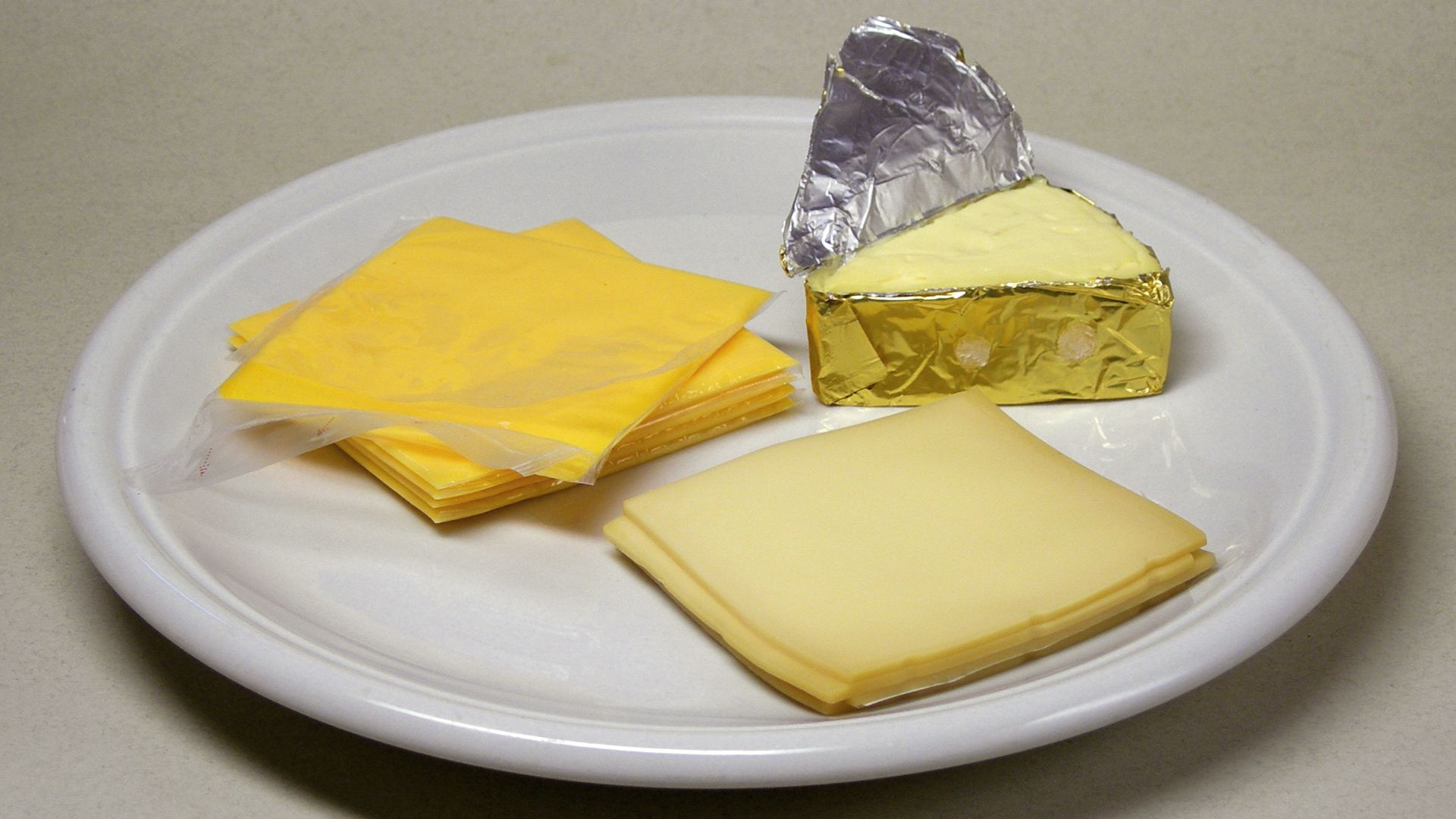10 Healthy Fats You Can Still Eat For Weight Loss & 10 Unhealthy Fats To Avoid
10 Healthy Fats You Can Still Eat For Weight Loss & 10 Unhealthy Fats To Avoid
Healthy And Unhealthy Fats
Not all fats are created equal—some can support your weight loss goals, while others will work against them. Knowing the difference is key to supporting your long-term health goals. So, let’s dive into the world of healthy fats—the ones that satisfy your hunger and keep you feeling your best. After that, we'll take a look at the ones you'll definitely want to avoid.
1. Avocados
Avocados are rich in monounsaturated fats like oleic acid, which help reduce inflammation and support heart health. They’re also packed with fiber, keeping you full longer and aiding in weight management. Though calorie-dense, eating them in moderation won’t cause weight gain and can benefit a balanced diet.
2. Olive Oil (Extra Virgin)
Extra virgin olive oil is high in heart-healthy monounsaturated fats and effective antioxidants like polyphenols. It’s a staple of the Mediterranean diet, which is associated with weight management and reduced risk of chronic disease. Drizzling it over vegetables can promote satiety without unhealthy additives.
 Dimitri Karastelev on Unsplash
Dimitri Karastelev on Unsplash
3. Fatty Fish (Salmon, Mackerel, Sardines)
The omega-3s in fatty fish boost metabolism, reduce inflammation, and promote heart and brain health. Regular fatty fish consumption has been associated with lower waist circumference and improved insulin sensitivity. Plus, fatty fish offer quality protein vital for muscle health.
4. Chia Seeds
Chia seeds are packed with omega-3 fats, protein, and especially fiber, which absorbs water and expands in your stomach. This helps you stay full longer and naturally lowers overall calorie intake. When included in a calorie-controlled diet, chia seeds can help curb appetite and may support healthy weight loss.
5. Nuts (Almonds, Walnuts, Pistachios)
Most nuts are rich in nutrients and provide healthy unsaturated fats along with protein. Though high in calories, they don’t lead to weight gain when eaten in moderation and may help curb hunger. Walnuts offer omega-3 fatty acids, while almonds contribute to better metabolic health.
6. Flaxseeds
Another excellent source of plant-based omega-3 fats, flaxseeds provide the body with lignans, which have antioxidant properties. They also have soluble and insoluble fiber, facilitating digestion and appetite control. Ground flaxseeds are more bioavailable than whole seeds, and they can be added to smoothies or baked goods.
7. Nut Butters (Peanut, Almond, Cashew)
Natural nut butter is rich in healthy monounsaturated and polyunsaturated fats that support heart and metabolic health. It also showcases plant-based protein and fiber, making it highly satiating and beneficial for appetite control.
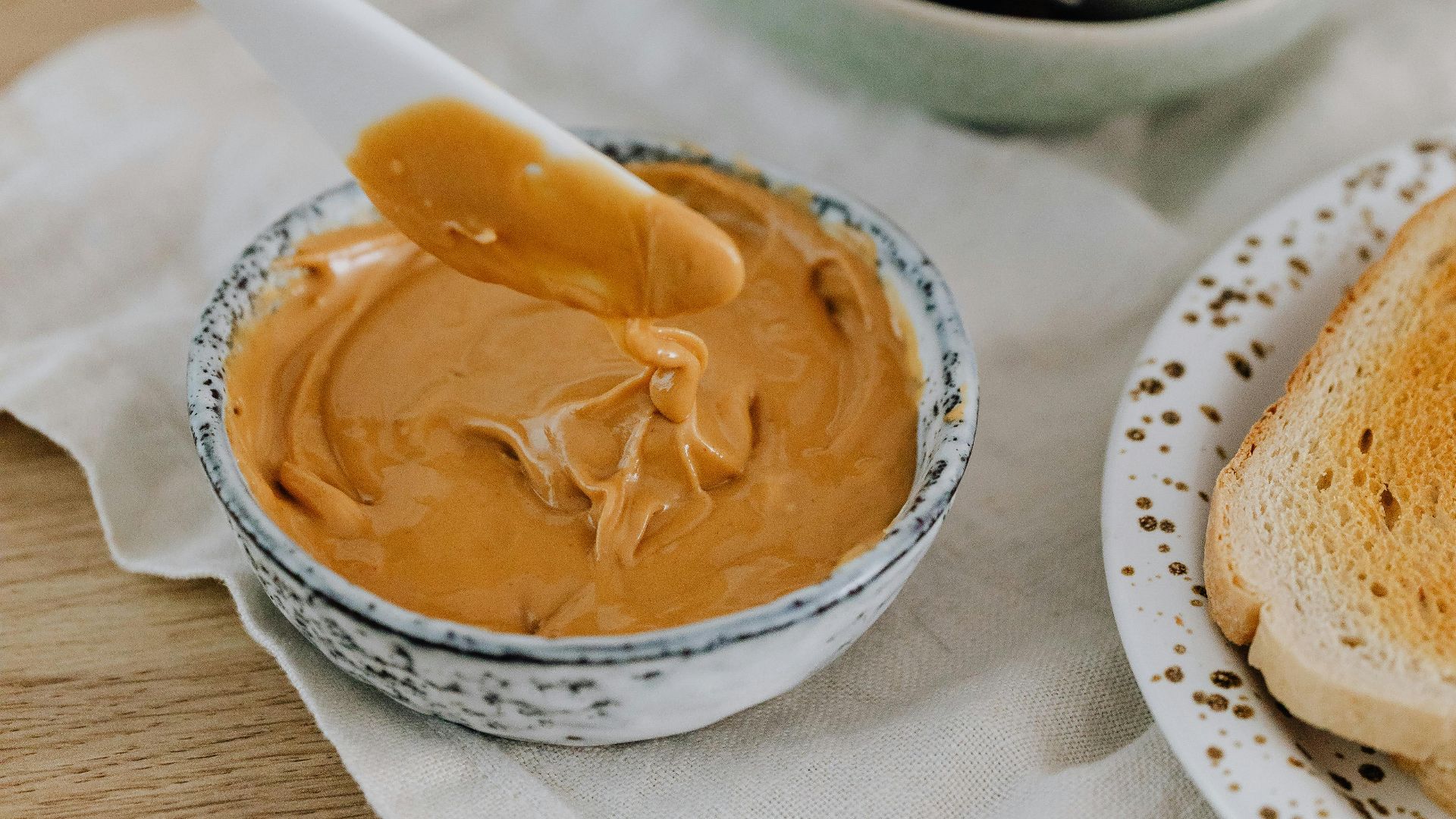 Photo By: Kaboompics.com on Pexels
Photo By: Kaboompics.com on Pexels
8. Coconut Oil (In Moderation)
The Medium-chain triglycerides (MCTs) present in coconut oil are metabolized differently than long-chain fats, potentially boosting energy and fat burning. They can also promote satiety and assist with mild weight loss. Still, coconut oil is high in saturated fat, so it’s best enjoyed in moderation.
9. Eggs
If sourced from pasture-raised or omega-3-enriched hens, eggs supply protein and contain healthy fats, including omega-3s. Their fat and protein content promotes fullness and reduces calorie consumption throughout the day. Whole eggs are more satiating than refined breakfast options.
10. Full-Fat Greek Yogurt
Full-fat yogurt provides healthy fats, probiotics, and plenty of protein, all of which support gut health and metabolism. Full-fat dairy is more effective at controlling weight than low-fat options, likely because it helps you feel fuller longer. The probiotics also aid digestion and can help reduce bloating.
Now that we’ve explored 10 healthy fats, let’s turn our attention to 10 unhealthy fats you should steer clear of.
1. Trans Fats (Partially Hydrogenated Oils)
Artificial trans fats are created through industrial processing and are often found in margarine, snack foods, and baked goods. These fats raise LDL (bad) cholesterol while lowering HDL (good) cholesterol, greatly increasing the risk of heart disease. Even a small quantity can lead to weight gain.
2. Processed Meats (Sausages, Hot Dogs, Bacon)
These meats often have saturated fats and preservatives like nitrates. High consumption is linked to heart disease and colorectal cancer. Their fat content is usually imbalanced, favoring unhealthy saturated fats over beneficial types.
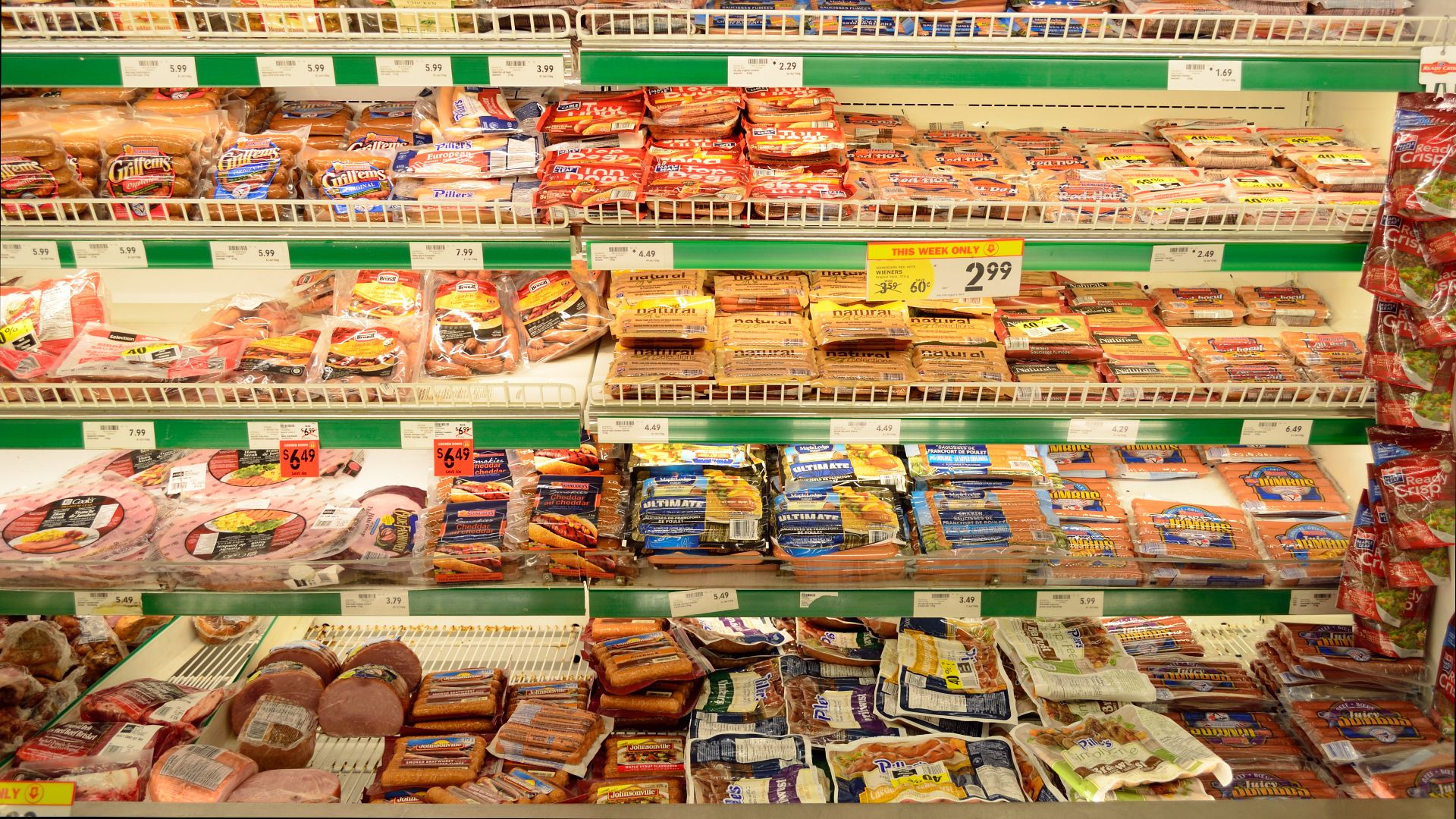 Raysonho @ Open Grid Scheduler / Grid Engine on Wikimedia
Raysonho @ Open Grid Scheduler / Grid Engine on Wikimedia
3. Deep-Fried Fast Foods
Foods like fries, fried chicken, and onion rings are often cooked in reused, high-temperature oils that break down into toxic compounds. These oils oxidize, producing harmful free radicals that damage cells and promote inflammation. Such foods are calorie-dense and low in nutrients.
4. Vegetable Shortening
Used in many baked goods and fried foods, vegetable shortening often contains trans fats or highly processed oils. It provides no nutritional benefit and can increase the risk of abdominal obesity. The "trans-fat-free" versions may also contain unhealthy saturated fats or oxidized oils.
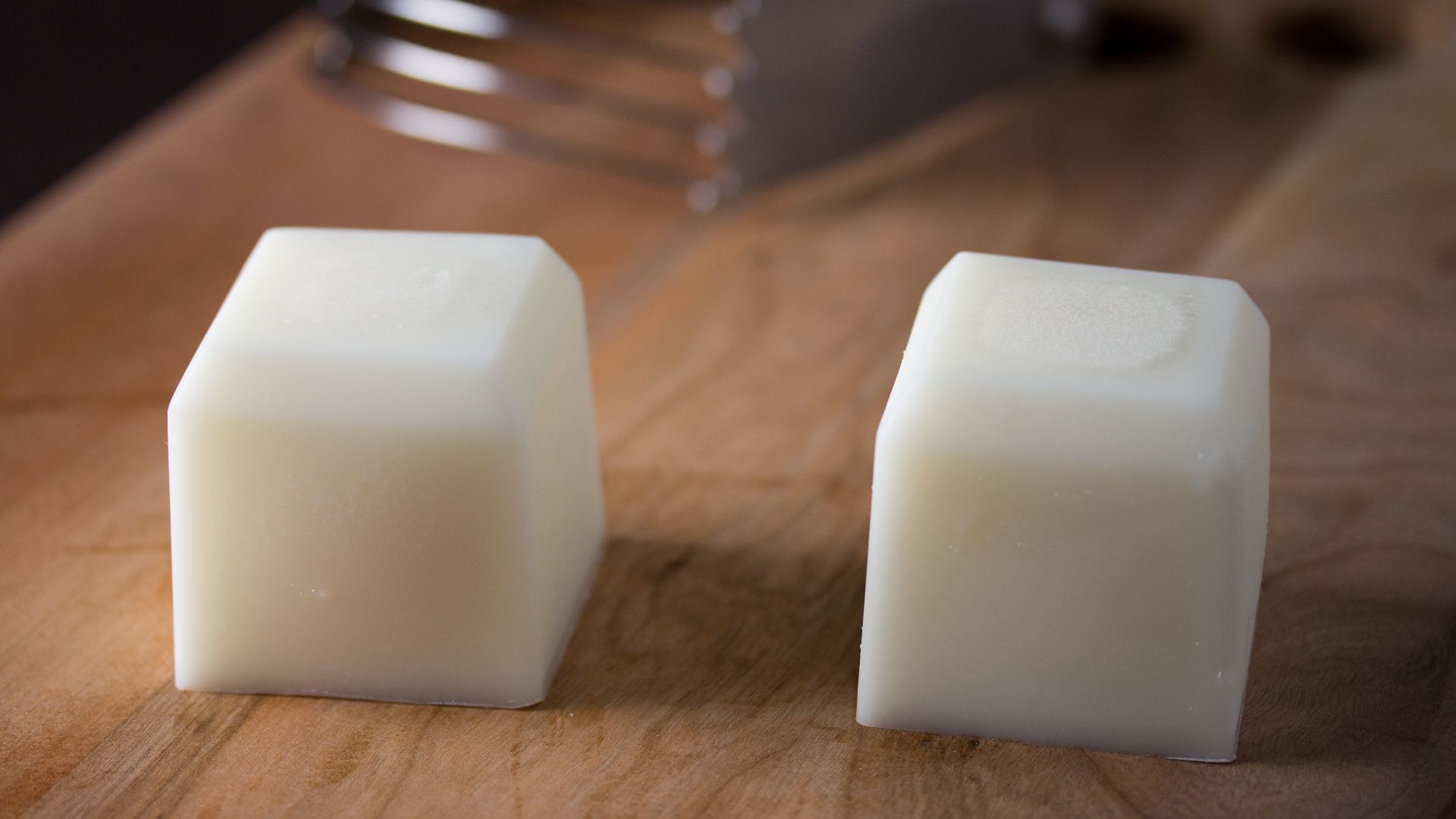 Veganbaking.net from USA on Wikimedia
Veganbaking.net from USA on Wikimedia
5. Packaged Snack Foods (Chips, Crackers)
Many chips and crackers are made with refined oils like soybean or corn oil. These oils have dangerously high amounts of omega-6 fatty acids and can disrupt the body's omega-3 to omega-6 ratio. This imbalance promotes inflammation and weight gain.
6. Non-Dairy Coffee Creamers
These creamers may contain partially hydrogenated oils and artificial sweeteners. They’re often loaded with trans fats and offer no nutritional benefit. Instead, they contribute to poor cardiovascular and metabolic health. Regular consumption can lead to increased abdominal fat and insulin resistance.
7. Certain Baked Goods (Doughnuts, Cookies)
Store-bought and commercially prepared pastries often contain trans fats and high levels of saturated fats from shortening or hydrogenated oils. They also have added sugars, which further contribute to fat storage and insulin spikes. The combination makes them especially fattening and unhealthy.
8. Microwave Popcorn (with Artificial Butter)
Many microwave popcorn brands use artificial butter flavorings and oils high in trans or processed saturated fats. Additionally, the chemical diacetyl, used in some artificial flavorings, has been linked to respiratory issues. This snack also comes with added sodium and preservatives.
9. Palm Oil (in Processed Foods)
Though naturally derived, palm oil used in processed foods is often heavily refined. It’s high in saturated fats, and excessive intake has been blamed for heart disease and weight gain. Its widespread use in snacks means many people consume more than they realize.
10. Imitation Cheese Products (Processed Cheese Slices & Cheese Spreads)
Imitation cheese products are made with vegetable oils and artificial additives instead of real dairy. They typically contain trans fats or processed saturated fats, increasing inflammation and cardiovascular risk. These products also lack the nutrients found in natural cheese.
KEEP ON READING




